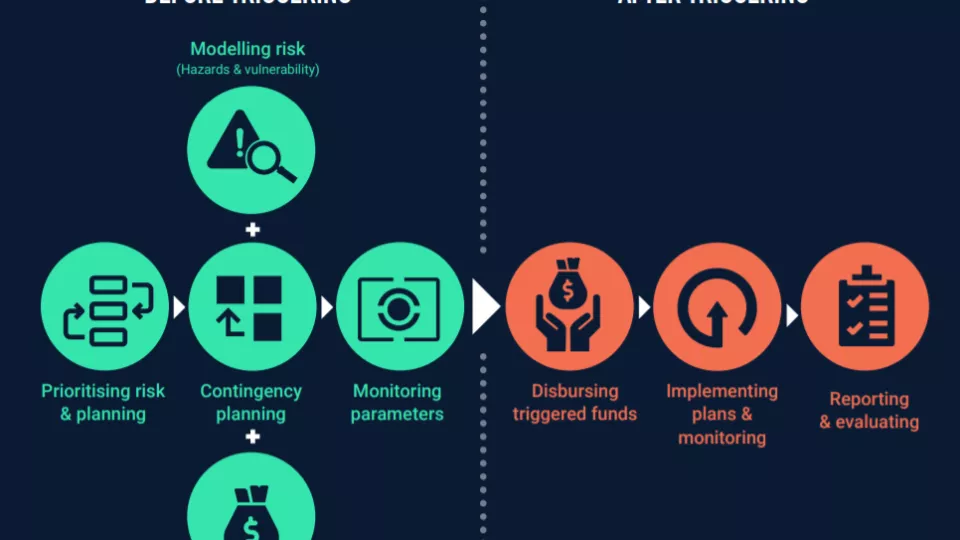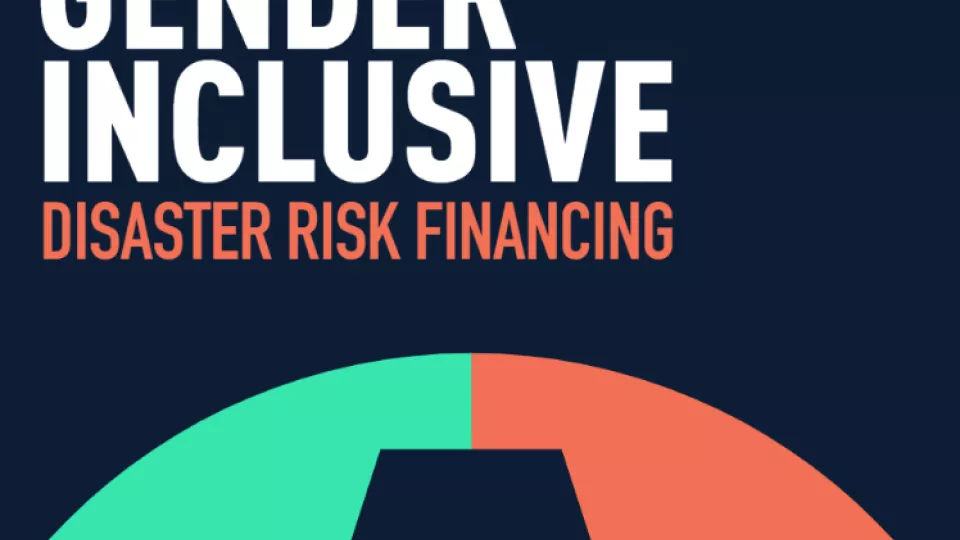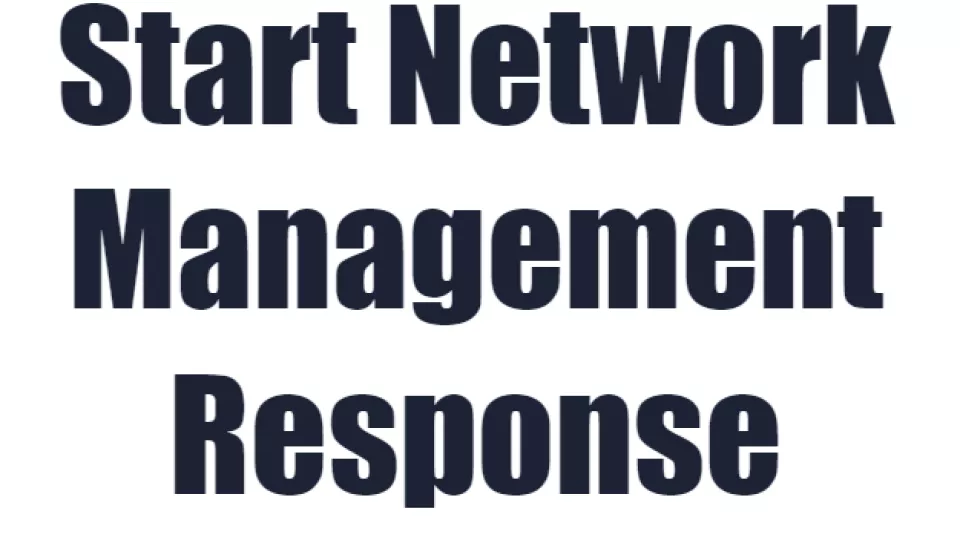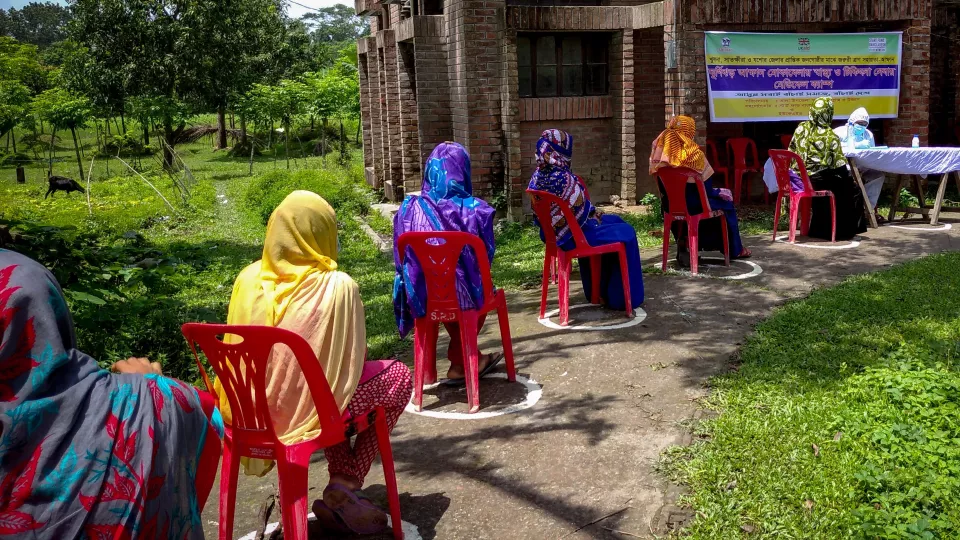ACCOUNTABILITY, TRANSPARENCY AND PARTICIPATION
A new series of technical discussion papers by the Start Network, the Red Cross Red Crescent Climate Centre and the International Federation of Red Cross and Red Crescent Societies explores how evolving disaster risk financing (DRF) approaches could be a game changer in acting earlier, quicker and more effectively to predictable humanitarian crises. The papers are attempting to redefine how DRF meets humanitarian objectives. Building on the practical experience of the Start Network and IFRC the papers call for a move from the traditional DRF sovereign approach to a more human-impact driven approach to risk financing, identifying the financial and operational needs from the ground up; an ‘impact before instruments approach.’ Each paper explores the need for such a renewed approach whilst identifying some of the technical challenges and posing solutions to make disaster risk financing work most effectively in the humanitarian context. The aim is to ignite dialogue and build collaboration around key technical challenges whilst highlighting some key solutions to unlock the potential of DRF for humanitarian action.




